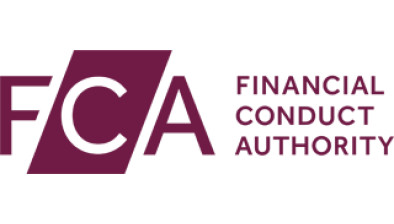Brexit: FCA confirms approach to the share trading obligation

The Financial Conduct Authority (FCA) has confirmed its approach to the share trading obligation (STO) at the end of the Brexit transition period, if mutual equivalence is not agreed.
Only mutual equivalence would mean that firms could continue to satisfy STO obligations at trading venues in both the EEA and the UK.
The FCA will use the Temporary Transitional Power (TTP) to avoid disruption and allow firms to continue trading all shares on EU trading venues and systematic internalisers (SIs).
This use of the TTP means that UK market participants will continue to be able to access any EU trading venue from the end of the implementation period, providing the venue has ensured it has the relevant regulatory permissions.
As previously set out, they will need to be:
- A UK Recognised Overseas Investment Exchange
- Using the temporary permissions regime, or
- Certain that their activities meet all the conditions required to benefit from the Overseas Persons Exclusion (OPE)
Transitional directions will be published before the end of the transition period to implement these changes. The FCA has said it will keep its approach under review in case there are any relevant developments.
The FCA’s approach is intended to ensure open markets and competition between trading venues globally. It supports companies’ freedom to choose where to raise capital, regardless of the currency they are seeking to issue in. It will preserve the ability of UK-based firms to execute their share trades at the venues where they can get the best execution for themselves and their customers. It avoids the need to change rules to require new order-routing restrictions to be introduced.
The regulator has said it will be discussing with market participants and trading venues the steps needed to protect the integrity of markets in the UK. Its aim is to ensure that participants in the UK can continue to achieve high standards of execution for their clients, including when trading all EU-27 and EEA shares.
These discussions will include whether the MiFID II transparency calibrations, which were designed for a pan-European market of 28 countries, remain appropriate for the UK in the absence of our current equivalence being recognised.
Nausicaa Delfas, executive director of international at the FCA, said: “At the end of the transition period, the UK’s and EU’s regimes will be the most equivalent in the world, but as it stands this has not been recognised by the EU. While we note ESMA’s recent clarifications to reduce the potential overlap of an EU and UK STO, we chose this simple and comprehensive approach rather than to replicate restrictions based on the jurisdiction of the share issuer, or the currency in which a share is issued.
“We have taken this approach to ensure UK-based investors and asset managers continue to have the freedom to find the best possible trading terms, and to get the best outcome for themselves and their customers. We want to preserve freedom for issuers from all jurisdictions to choose where and how to raise capital to support their business activities.
“We remind all market operators in the EU that wish to continue to undertake regulated activity in the UK of the need to ensure they have the correct permissions in place. The FCA will continue to take any necessary steps available to mitigate risks of disruption that may ensue from regulatory changes to ensure UK markets remain attractive to global investors with our open, interconnected and competitive regime.”










